Factory would become only the second wholly foreign-owned vehicle production plant in China after the Tesla Gigafactory.
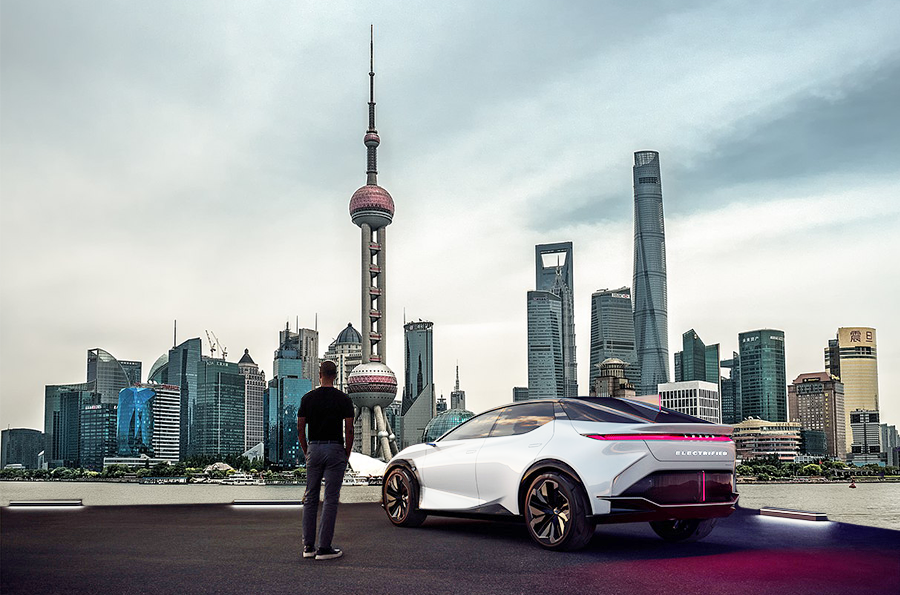
Toyota has announced plans to build Lexus electric vehicles in Shanghai in what will be only the second wholly foreign-owned vehicle production plant in China after Tesla’s Shanghai Gigafactory.
The new plant will be located in Shanghai’s southwestern Jinshan district and is part of a carbon-neutral partnership agreed with the Shanghai Municipal government to develop and produce both cars and batteries for the premium Lexus brand.
Shanghai is something of a hub for automakers in China with SAIC, NIO, and Neta all headquartered there, and a number of foreign brands basing their China HQs and design facilities in the city and surrounding areas.
As such, Toyota is banking on the ability to leverage the region’s established logistics and supply chains, talent, and market scale in the production of a new fully electric Lexus model due to go into production in 2027.
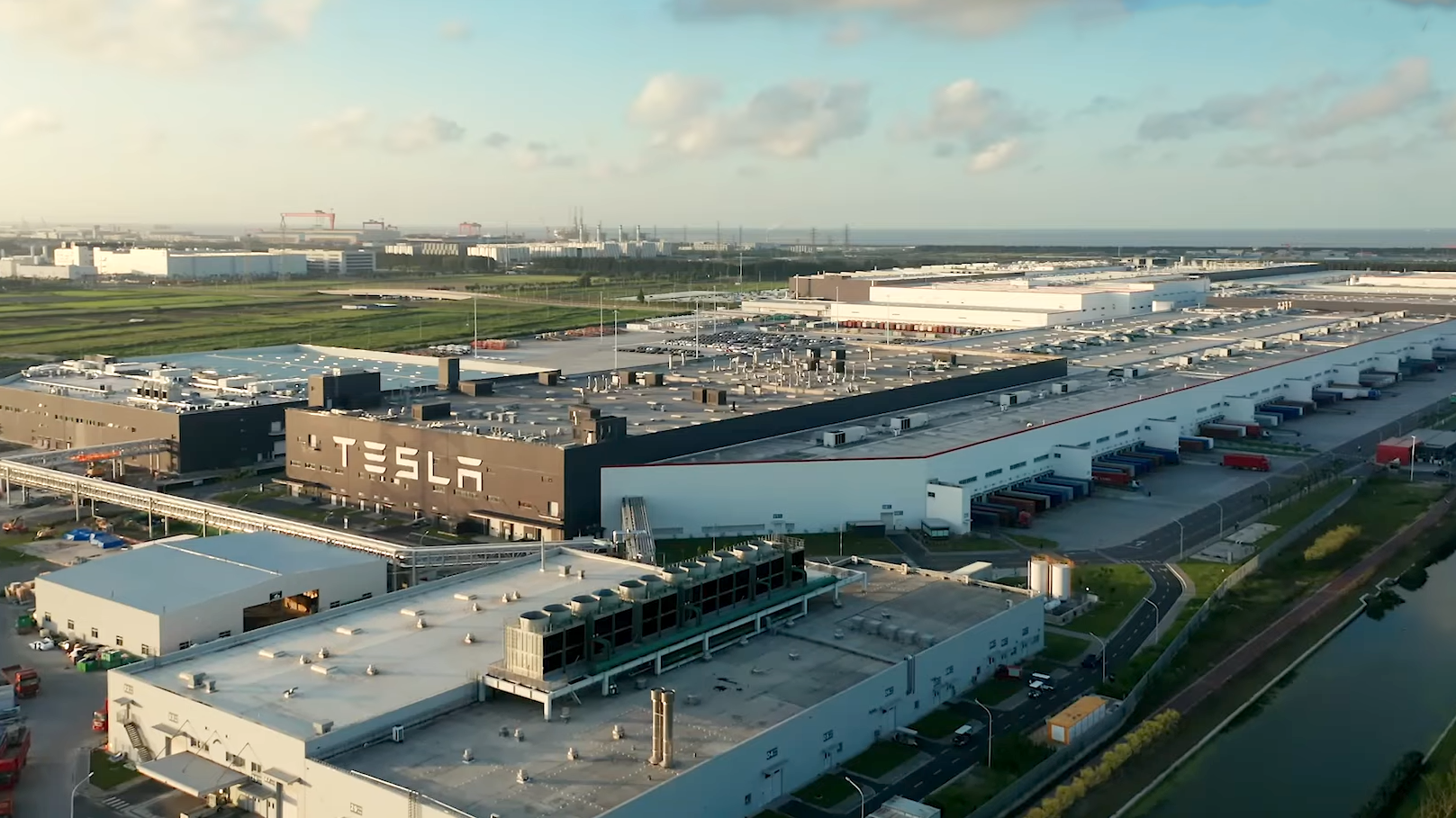
Further to the initial statement, Toyota confirmed that the new plant will have a production capacity of around 100,000 units per year and should generate at least 1,000 new jobs to begin with.
The move comes amid a slowdown in sales in China for Toyota, which fell from 1.5 million to 1.4 million between April and December last year, in part down to BYD’s ongoing market dominance, but after some apprehension about committing to the world’s largest car market, Toyota now seems keen to double down on a market it has served since 1964.
“Local Chinese members will take the lead in planning and developing BEVs to suit local customers”, Toyota said, adding: “Our goal is to become a company that is more loved and supported by the people of China.”
In recent years, Toyota has leveraged its two joint venture partnerships in China, FAW-Toyota and GAC-Toyota, to produce EVs based on Chinese models, including the bZ3C developed with FAW, the bZ3X which shares a platform with the recently launched GAC AION V, and the bZ3 which was developed together with BYD.
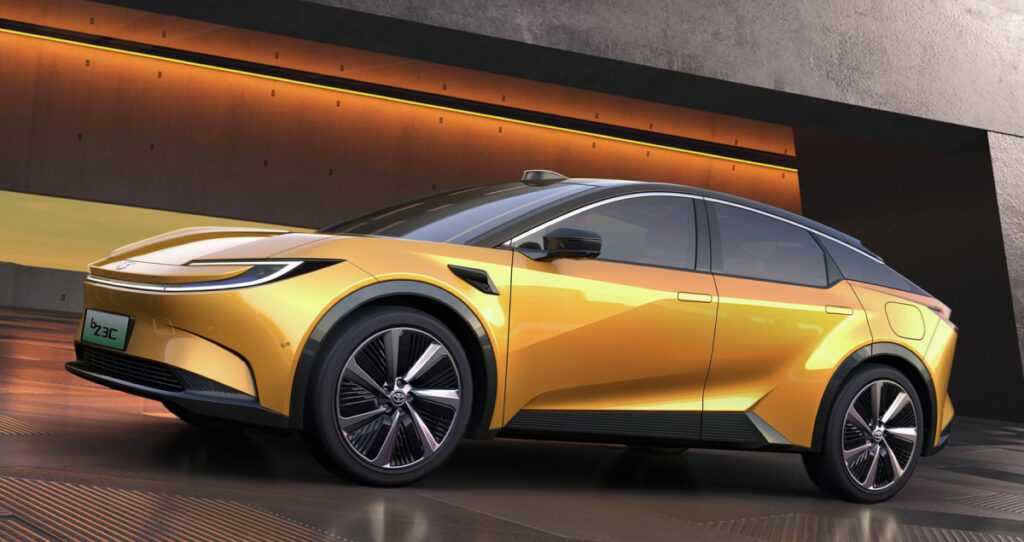
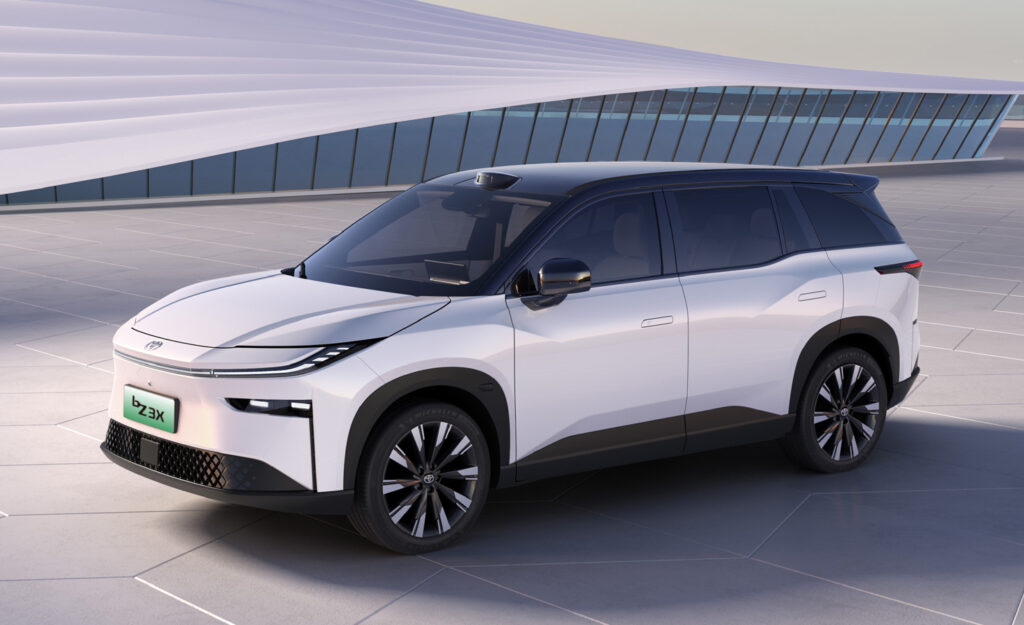
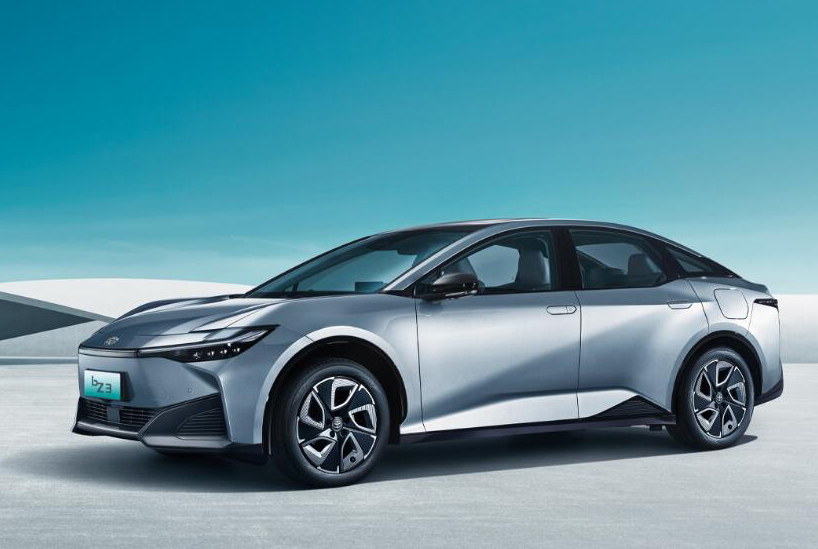
Joint Ventures in China
Foreign automakers looking to build cars in China were, up until 2018, required to partner with local brands in 50:50 joint ventures in a move designed to help develop China’s domestic auto market.
Since 2018, these restrictions were eased for battery electric vehicles, which led to Tesla becoming the first, and so far only, manufacturer to wholly-own their production facilities in the country.
Lexus under the leadership of Toyota, would become only the second such brand to do so, unless any existing brands decide to buyout their production partners in the intervening period.
Mercedes-Benz, for example, still maintains the 50:50 ownership structure with BAIC for local production of Mercedes cars, but BMW increased their stake to 75 percent with partner Brilliance Auto after China further lifted ownership restrictions in 2022 to include non-electric vehicles.

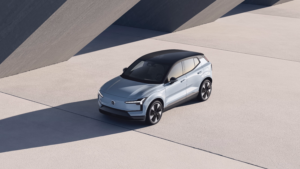
-1-300x200.jpg)
